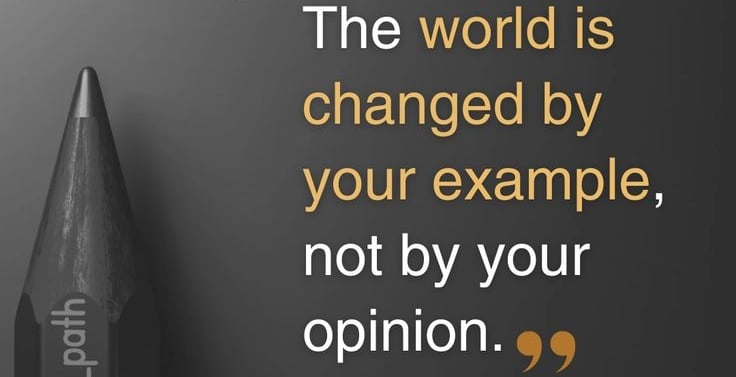Culture Is Caught, Not Taught: Why Leading by Example Shapes Security
This article explores how culture shapes security through everyday behavior and social learning. It explains why people mirror the shortcuts and good habits they see, how social proof influences workplace security, and why leading by example is one of the most powerful tools in governance, risk, and compliance. Readers will learn how small choices create lasting cultural signals that strengthen or weaken security.
CYBERSECURITY & PSYCHOLOGY
Joshua Clarke
9/8/20251 min read


Why Example Matters
Why does leading by example matter? Because according to social learning theory, people mirror the behavior they see. Your actions teach louder than your instructions.
The Subtle Shortcut
Picture this. Someone you respect is rushing to get somewhere important. They leave their screen unlocked because “it’s just for a minute.” You notice it. You do not say anything, but your brain quietly registers it.
Psychologists call this social proof. It is our built-in shortcut. When someone we look up to bends a rule, it suddenly feels safer for us to bend it too. You may not copy it right away. But the next time the login feels slow or the pressure is high, that memory whispers, “they did it, you can too.”
Culture in Everyday Life
This is how culture spreads in ways we rarely see. Not through training sessions. Not through posters or long reminder emails. But through little signals we pick up from the people around us.
The same dynamic appears outside of work. Think about your personal life. If a friend checks their phone while driving “just for a second,” you notice. You might tell yourself you would never do that. But the image lingers. One day, you may find yourself making the same choice without realizing it.
Your Influence Matters
Security follows the same path. When people take shortcuts, others learn shortcuts. When people pause to report something suspicious, others learn that too.
Culture is not taught. It is caught.
So here are a few questions worth reflecting on:
What shortcuts have you seen in the people around you?
Which ones have you felt tempted to copy?
When it is your turn to lead, in big or small ways, what signals are you sending?
Your influence is bigger than you think. Every time you choose the harder right instead of the easier wrong, you are writing the script that others will follow.
Insights
Where governance, risk, and compliance meet human behavior.
Connect
JOIN TheGRCJOURNAL NEWSLETTER
© 2025. All rights reserved.
